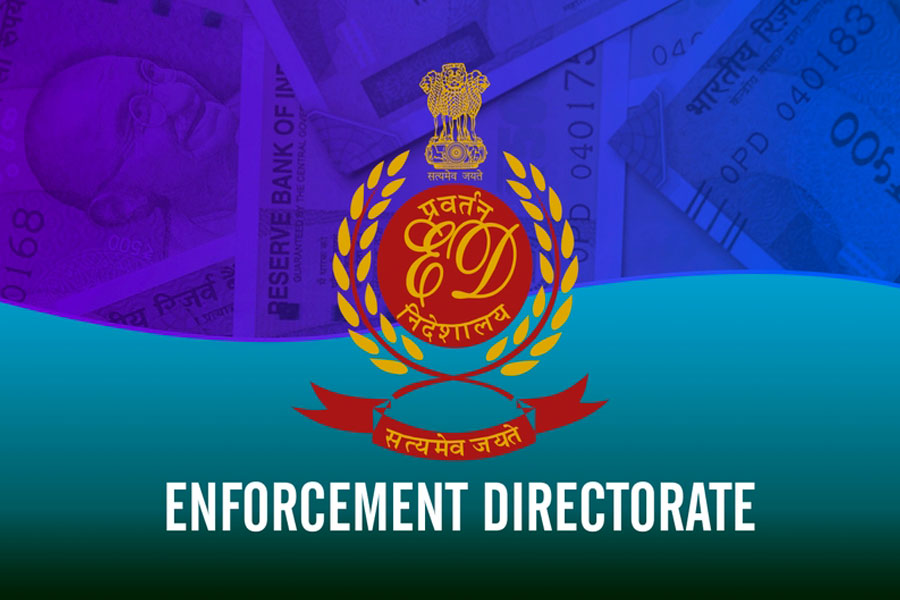Two benches of the Supreme Court on Thursday expressed concern over the overarching powers vested in the Enforcement Directorate that result in prolonged periods in custody, with one of the benches saying that the agency cannot act like a “crook”.
The court noted that the long custody time amounted to being sentenced to jail even before being convicted.
The stinging rebuke comes at a time when the agency has been accused of targeting Opposition leaders and those critical of the government.
“You cannot act like a crook. You have to act within the four corners of the law of the land. There is a difference between law-enforcing agencies and law-violating bodies. I have observed in one court matter that the ED has registered over 5,000 ECIRs (enforcement case information report). But if you see the conviction rate, in your cases it is less than 10 per cent. That is why we always said your investigation must improve, because we are talking about the liberty of the people,” Justice Ujjal Bhuyan observed.
The bench, which also had Justice K. Surya Kant and Justice N. Kotiswar Singh, was dealing with a batch of petitions seeking recall of the Supreme Court’s earlier judgment in the Vijay Madanlal Chowdhary case wherein the
court had upheld the sweeping powers of the ED to conduct raids, arrest, and summon persons accused or suspected of money-laundering
offences.
Justice Bhuyan made the observation when additional solicitor-general S.V. Raju, representing the ED, said the agency was fighting against all odds as the investigations had to be conducted against powerful persons and crooks who had the wherewithal to engage a battery of senior lawyers.
“Crooks have a lot of wherewithal, money and are powerful, whereas the poor investigating officer doesn’t have (any),” Raju said, prompting the comment from the court.
“We are concerned about the ED’s image also. At the end of five-six years of judicial custody, if people are acquitted, who will pay for this?” the bench asked Raju while suggesting that special fast-track courts should be set up to deal with PMLA offences.
Another bench, headed by Chief Justice B.R. Gavai, told solicitor-general Tushar Mehta that the ED had been successful in keeping accused persons under prolonged incarceration, which amounted to their virtual conviction and sentencing before the
actual trial.










